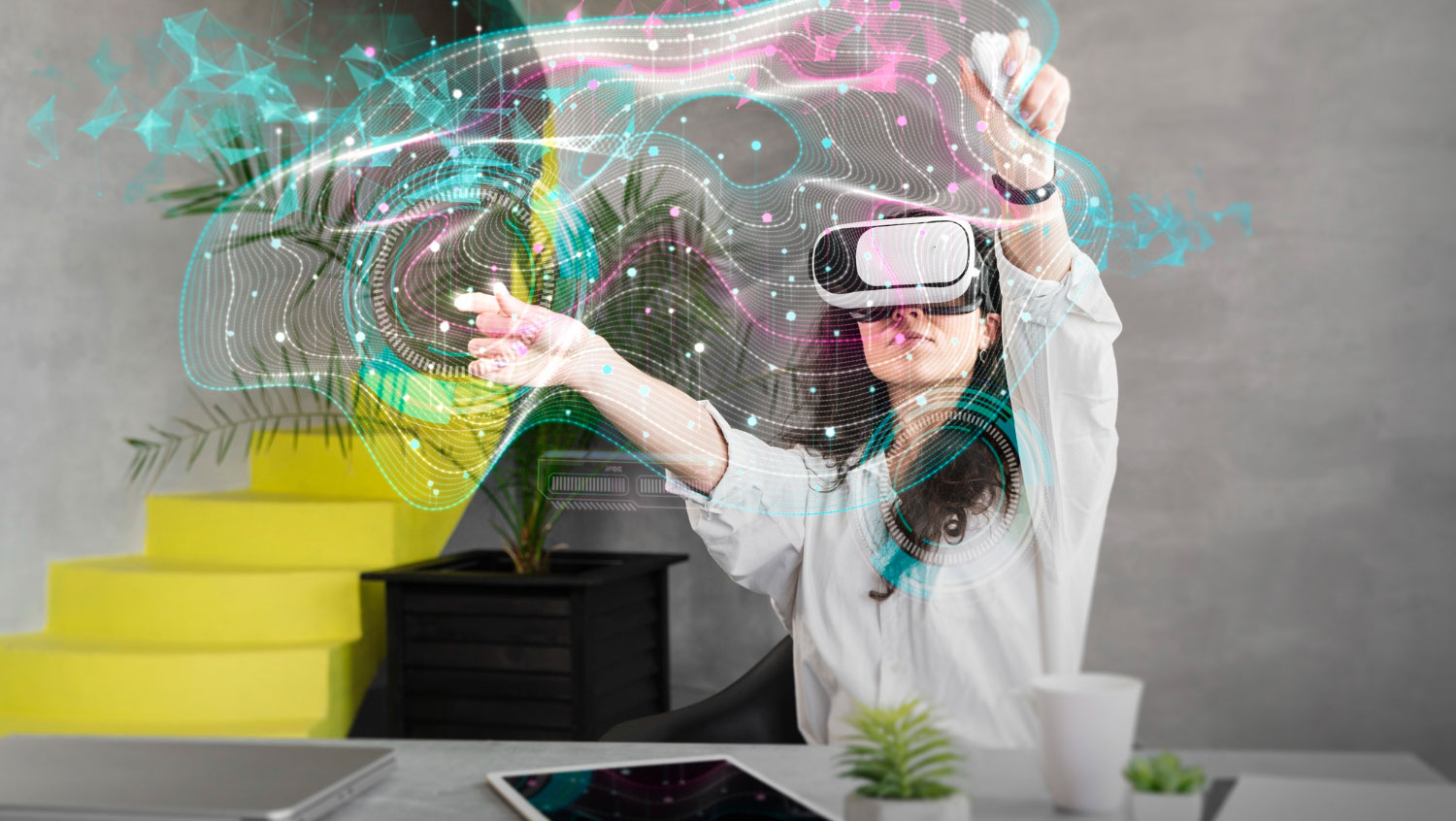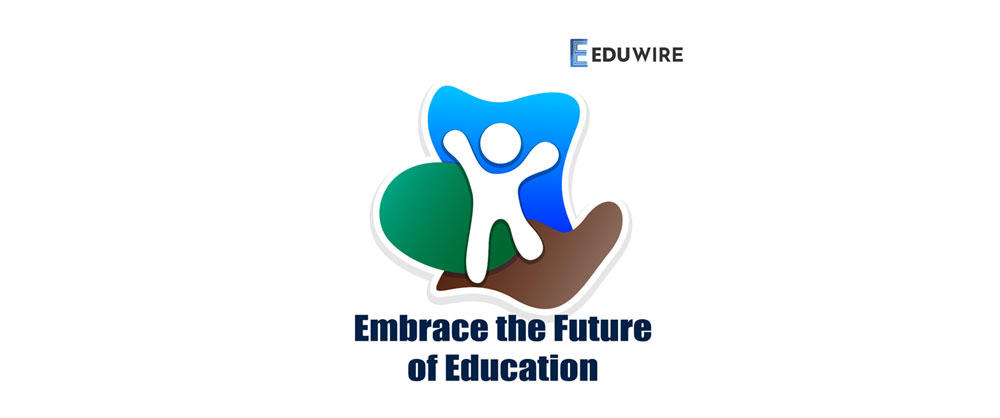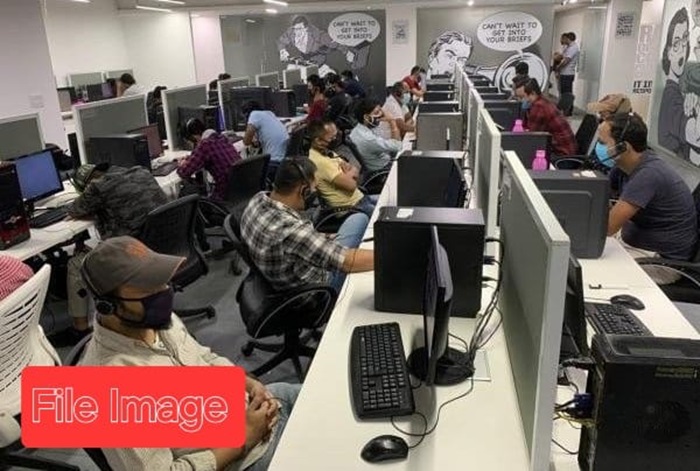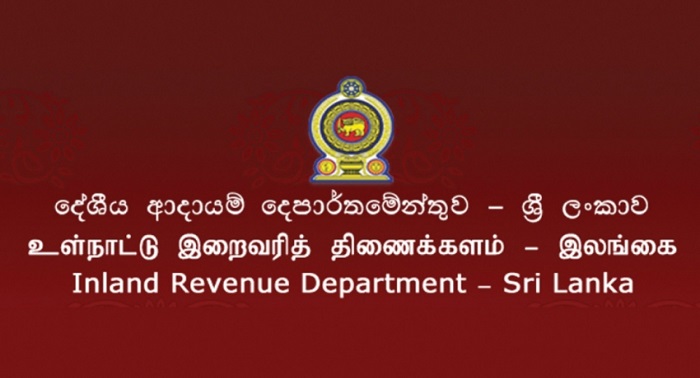Exploring the Educational Potential of Virtual and Augmented Reality

Virtual and augmented reality (VR/AR) technologies are revolutionizing the way we learn and interact with the world around us. By creating immersive, interactive experiences, VR/AR has the potential to transform education, making complex concepts more understandable and engaging for students of all ages.
One of the key advantages of VR/AR in education is its ability to provide hands-on learning experiences that would otherwise be impossible or impractical. For example, students can take virtual field trips to explore ancient civilizations, visit outer space, or dive into the depths of the ocean, all from the comfort of their classroom.
In addition to field trips, VR/AR can also be used to create interactive simulations that allow students to practice real-world skills in a safe and controlled environment. For example, medical students can use VR to simulate surgical procedures, while engineering students can use AR to visualize and manipulate complex 3D models.
Another advantage of VR/AR in education is its ability to cater to different learning styles. Visual and kinesthetic learners, in particular, can benefit from the immersive nature of VR/AR, which allows them to see and interact with concepts in a way that is more intuitive and engaging than traditional methods.
Furthermore, VR/AR can help bridge the gap between abstract concepts and real-world applications. For example, students studying geometry can use AR to visualize and manipulate geometric shapes, helping them develop a deeper understanding of spatial relationships.
Despite its potential, the widespread adoption of VR/AR in education faces several challenges, including cost, technical limitations, and the need for teacher training. However, as technology advances and becomes more affordable, these barriers are likely to diminish, paving the way for more widespread use of VR/AR in education.
In conclusion, VR/AR has the potential to revolutionize education by providing immersive, interactive learning experiences that cater to different learning styles and bridge the gap between abstract concepts and real-world applications. As educators continue to explore the possibilities of VR/AR, the future of education looks more exciting and engaging than ever before.

Related News
Are Leaders Born or Made? A Personal Reflection on Finding the Leader Within
The debate about whether leaders are born or made has sparked countless discussions, and my personal belief is that true leaders are…
Read MoreSri Lanka National Association of Counsellors Releases Groundbreaking Book for Youth
Carol Gooneratne Amarasekara - SRILNAC President In celebration of World Mental Health Day, observed globally on the 10th of October, the Sri…
Read MoreACCA’s Approved Employer Program Elevates Finance Careers and Industry Standards
Ruchera Jayawardena Peries Prioritizing the needs of both professionals and employers, The Association of Chartered Certified Accountants (ACCA) is setting benchmarks in…
Read MoreBristol Institute Launches Affordable Foundation Programs for Post-O/L Students
The Bristol Institute has commenced their intake for foundation programs in Business Management and Accounting & Finance, aimed at students who have…
Read MoreBritish Council Sri Lanka & UKVI Host Seminar for UK Education Agents and School Counsellors
The British Council Sri Lanka recently hosted an interactive and informative seminar for UK education agents and school counsellors in Colombo recently.…
Read MoreCourses
-

IMC – Bachelor of Psychology
IMC Education Overview IMC Campus in partnership with Lincoln University College (LUC) Malaysia offers Bachelor of Psychology Degree right here in Sri… -

ANC – BA (Hons) International Business Management (Top-Up)
ANC Education Overview Designed in partnership with public and private business organizations, this program develops one’s ability to critically evaluate business models… -

IIT – BSc (Hons) Computer Science
IIT Campus Overview BSc (Hons) Computer Science provides a solid foundation and training regarding the fundamentals of the computer science field, along… -

APIIT – BSc (Hons) Cyber Security
APIIT Sri Lanka Overview Our BSc (Hons) Cyber Security award is designed to launch your future career in the protection of software… -

ICBS – BSC (Hons) Business Management with Marketing Management
ICBS Overview The BSc (Hons) Business Management with Marketing program, awarded by Queen Margaret University (QMU), is a highly regarded degree that… -

UTS – Diploma of Science
UTS College Sri Lanka Overview The Diploma of Science is designed to empower you to apply scientific thinking and analysis to important… -

CSA – Master of Architecture and Environmental Design
City School of Architecture Overview The Master of Architecture and Environmental Design Degree at CSA is awarded by the University of the… -

APIIT – BSc (Hons) International Business Management
APIIT Sri Lanka Overview Increasingly businesses are becoming more and more international. This requires business management professionals to have knowledge, skills and… -

IIT – BSc (Hons) Artificial Intelligence And Data Science
IIT Campus Overview The BSc (Hons) Artificial Intelligence and Data Science course is awarded by Robert Gordon University (RGU) in the UK… -

ICBS – International Degree Foundation in Business / IT
ICBS Overview The Scottish Qualification Authority (SQA) is a globally recognized organization dedicated to education and qualification development. SQA is responsible for… -

APIIT – BA (Hons) Finance and Business Enterprise
APIIT Sri Lanka Overview Finance and accounting are no longer just about taxation and the management of financial capital. This award will… -

APIIT – MBA General
APIIT Sri Lanka Overview The MBA is awarded by Staffordshire University, UK. This award is an advanced course of study in management… -

ANC – LLM in International Business & Commercial Law
ANC Education Overview This course is designed for graduates of law, business and finance in a legal or a corporate job role… -

AOD – BA (Hons) Fashion Design and Marketing
Academy of Design Overview The syllabus is from the UK’s Northumbria University, as one of their most revered flagship programmes and is… -

APIIT – MSc. Marketing Management
APIIT Sri Lanka Overview This MSc Marketing Management degree – awarded by Staffordshire University, UK is an advanced course of study in…
Newswire
-

40 foreigners involved in online scams arrested in Sri Lanka
ON: October 6, 2024 -

Advisory for several lightning issued
ON: October 6, 2024 -

IRD exceeds 70% of 2024 revenue targets
ON: October 6, 2024 -

Sri Lanka’s Vehicle Imports : What we know so far
ON: October 6, 2024











